Mason Bees, Ladybugs, Nematodes, Bird Food, Feeders & Houses
Nurture the Wildlife in Your Garden
Beneficial insects, birds and bats have an important role to play in the ecosystem. If you take care of the wildlife, it will take care of your garden and the environment! We carry supplies to help care for the birds, bats and mason bees. In addition, we have ladybugs, praying mantids and beneficial nematodes which help keep plant damaging pests to a minimum.
~ Mason Bees ~
![]()
Mason bees are gentle creatures who love to pollinate! They are active beginning around March and continue their work until May or early June. This makes them invaluable for fruit production. Mason bees are easy to care for since they do not produce honey. If you would like to become a mason bee caretaker, we can help you with that. We sell mason bees, bee houses and tubes to get you started. See our mason bee page to learn more about mason bees and how to care for them. Mason Bees.
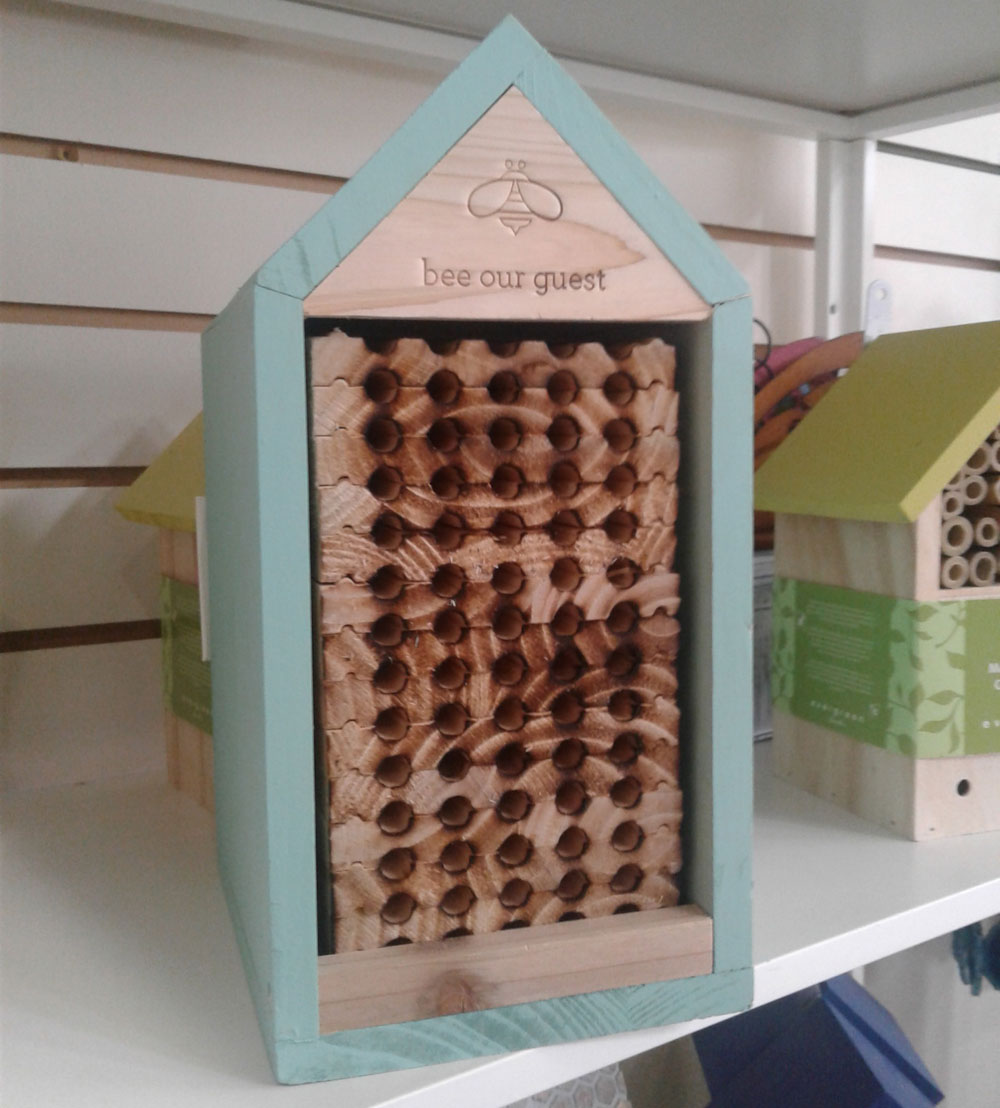
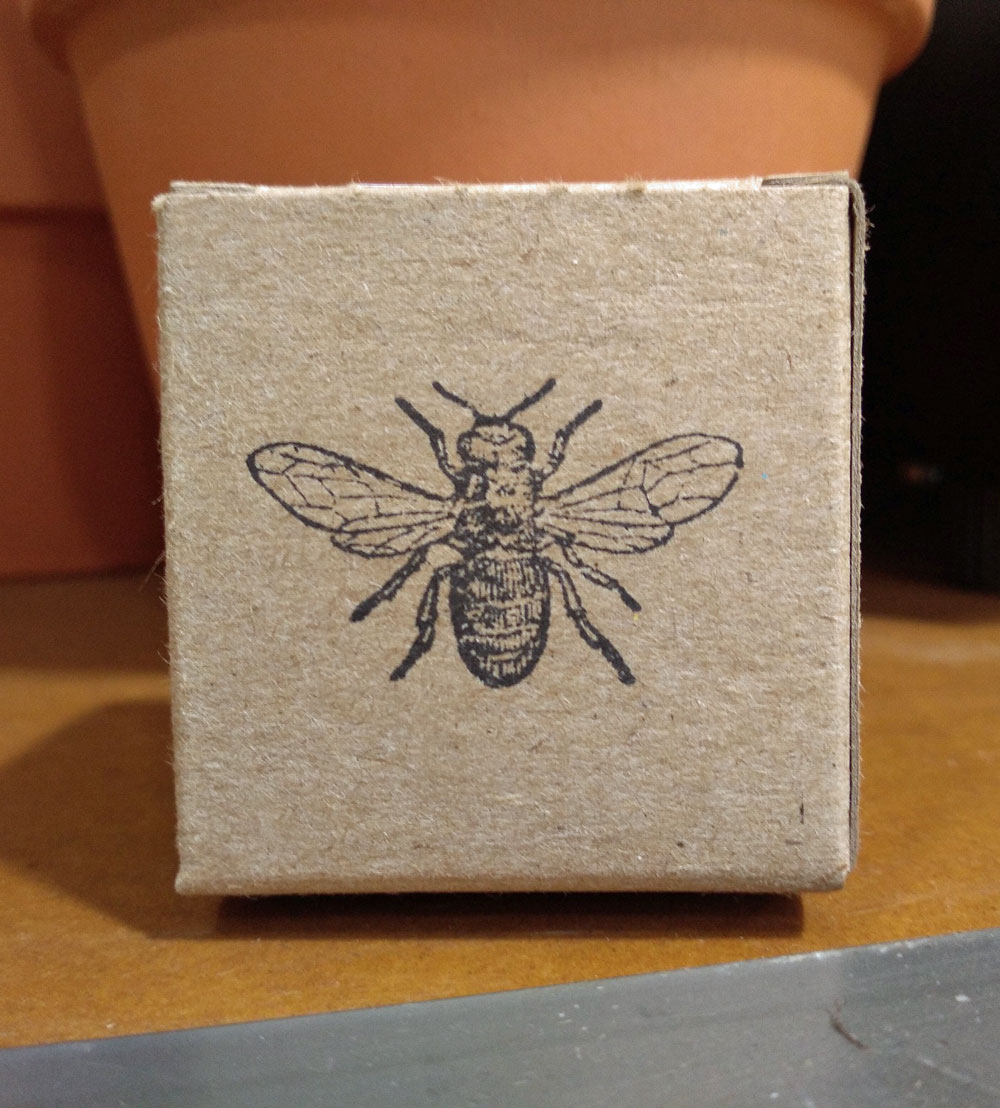
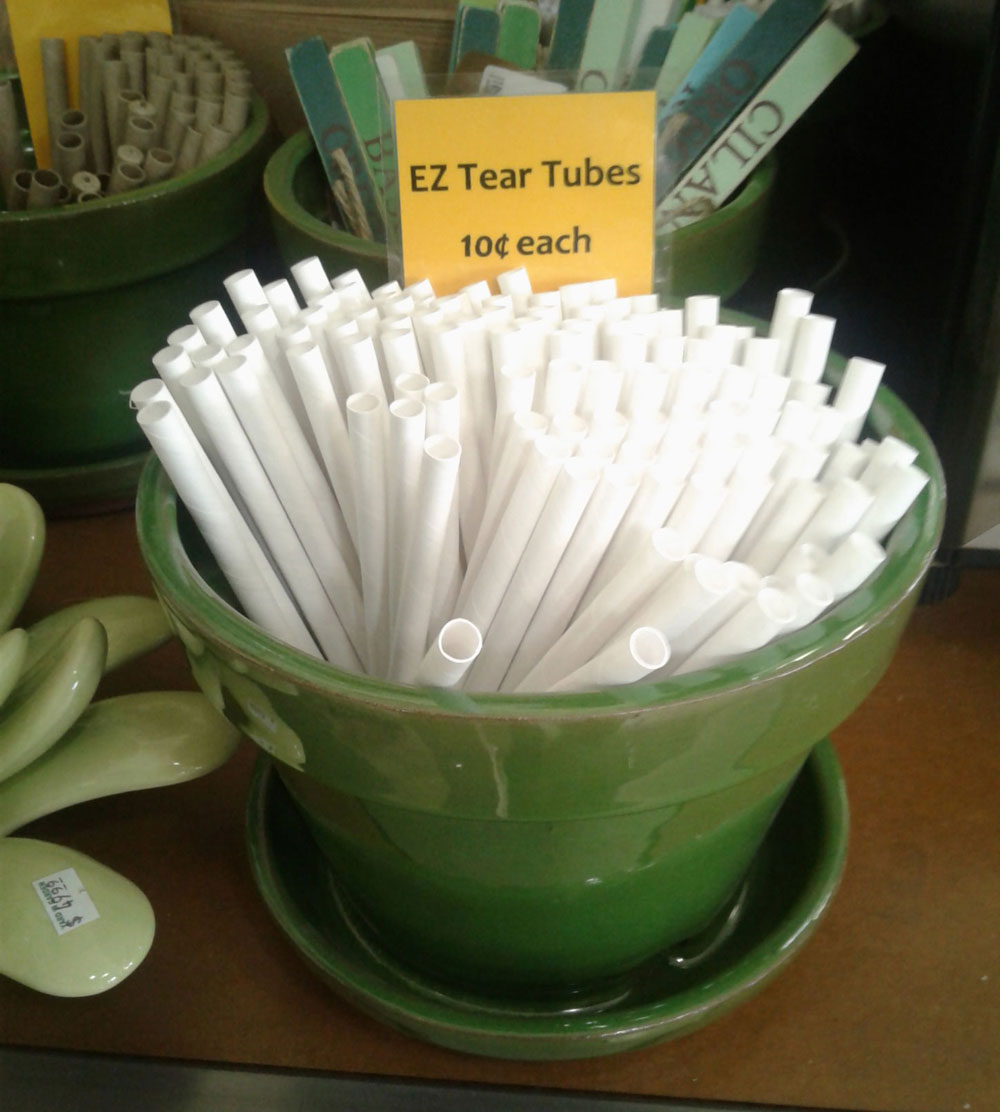

~ Ladybugs ~
![]()
Ladybugs can be very helpful in controlling the population of damaging insects. Their favorite food is the aphid. They can eat up to 50 a day! They also like to feed on scale, mealy bugs, boil worms, leafhoppers, and corn ear worms. They will not eat your plants, only insects.
When you get your ladybugs, it is best to release them after the sun sets. They only fly in the daytime and at night they will search for food in the immediate area. Make sure the area where you release them has been recently watered. Also, release them in small groups at the base of plants and shrubs that have aphids or other insects, and in the lower part of trees.
You can keep your ladybugs in the refrigerator between 35-50 degrees F and release them as needed. Ladybugs received March through May should not be stored more than 2 to 3 days since their body fat has been depleted. From June on, they may be stored 2 to 3 months.
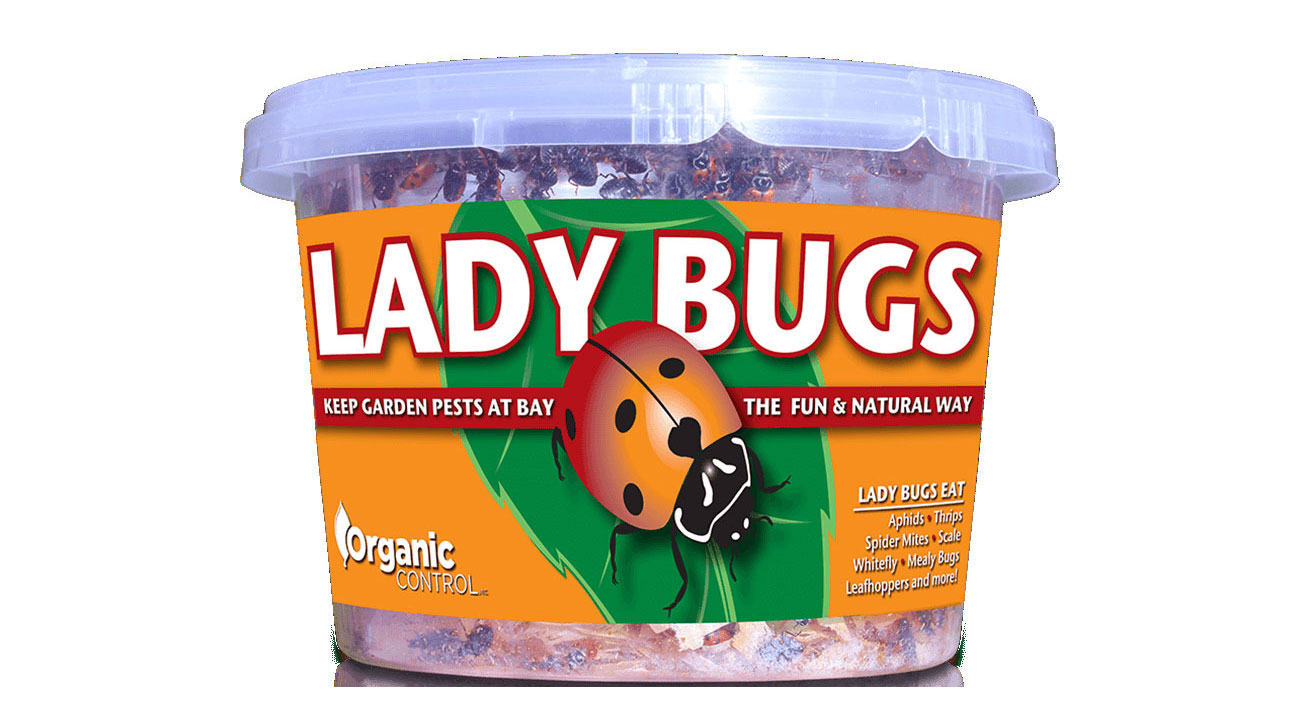
~ Praying Mantids ~
![]()
The praying mantid is a fascinating insect with a big appetite. It loves to feast on moths, mosquitoes, roaches, flies and aphids. It won’t, however, eat ladybugs. Our praying mantids come in one egg case which holds 100 to 200 eggs. The eggs begin to hatch once temperatures warm to about 70 degrees F. Keep the eggs in the refrigerator until you are ready to set them out. When ready, put them out in the spring. It can take up to 3 weeks, sometimes 8 weeks before eggs hatch.
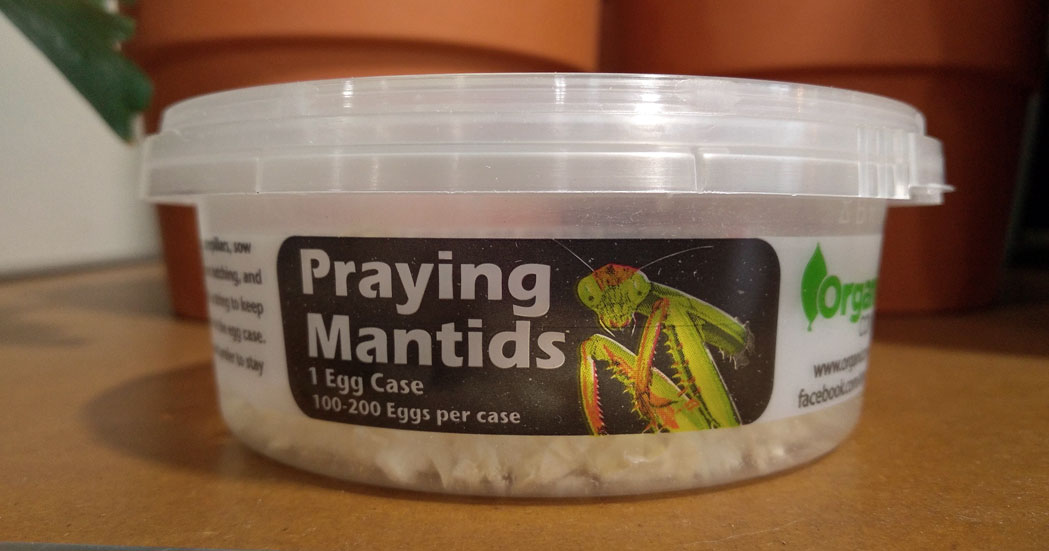
~ Beneficial Nematodes ~
![]()
Beneficial Nematodes (Steinernema feltiae) are microscopic organisms that attack more than 230 kinds of soil dwelling and wood boring pests, such as flea larvae, white grubs, cutworms, corn root worms, strawberry weevils, gypsy moth larvae, cabbage root maggots, fungus gnat larvae, and many more. They attack these pests before they emerge from the ground in their more destructive adult stages.
Nematodes can be released in one of three ways: 1. Spraying with water, 2. Mixing with mulch and applying directly to the soil or potting mix, or 3. Injecting into burrows. They may be used any time of year, as long as the ground is not frozen. Do not release in direct sunlight, as this will kill them.
One container of 7 million live beneficial nematodes will cover up to 2,000 square feet. They will remain effective for about 2 years, but annual applications are recommended. They will also attack over wintering adult insects, pupae, larvae, and grubs when they are in the soil, bark, or even ground litter. They are safe around humans, animals and plants. They are also compatible with beneficial insects such as ladybugs, lacewings, and praying mantises and will not harm earthworms.
~ Bird & Bat Supplies ~
![]()
Invite birds into your garden by providing food and shelter. We carry bird seed, hummingbird nectar, feeders and bird houses. We also have bat houses to provide a safe environment for bats, especially females while they raise their young. Bats feed on insects such as mosquitoes, moths and beetles. Below are some of the styles of houses and feeders we carry.
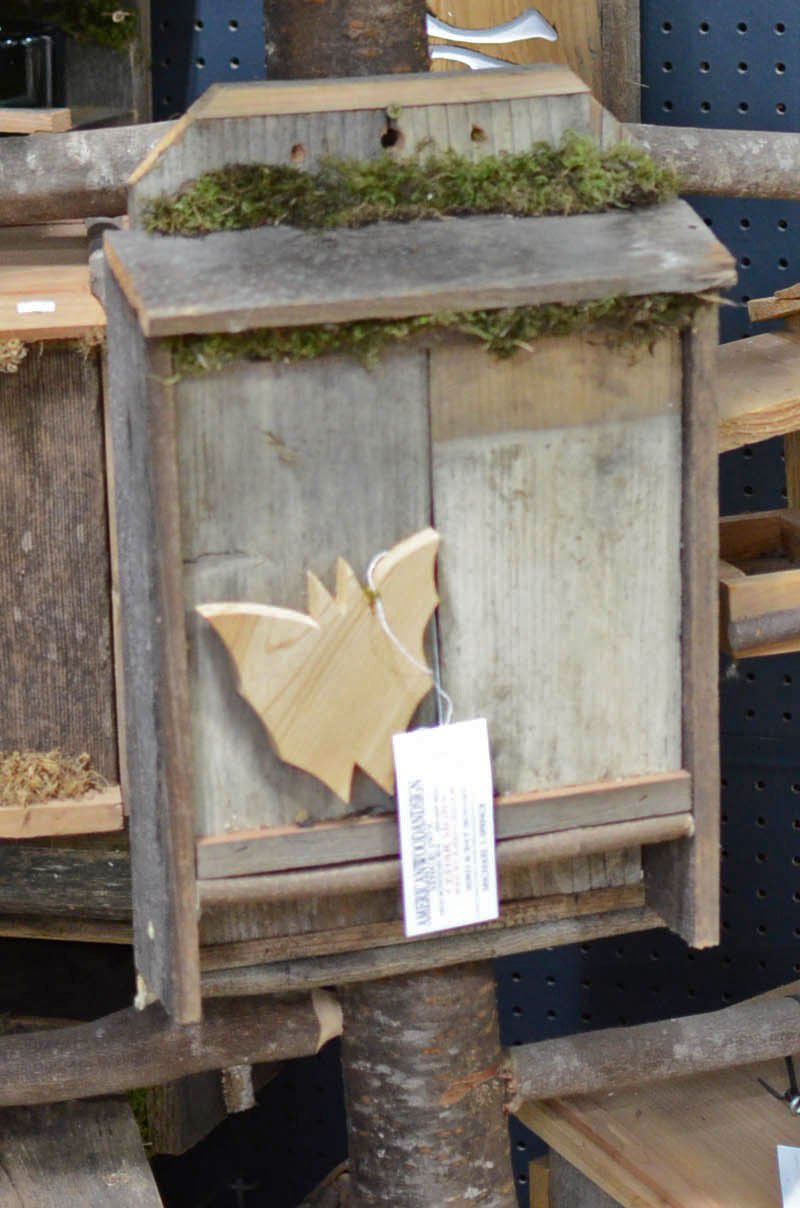
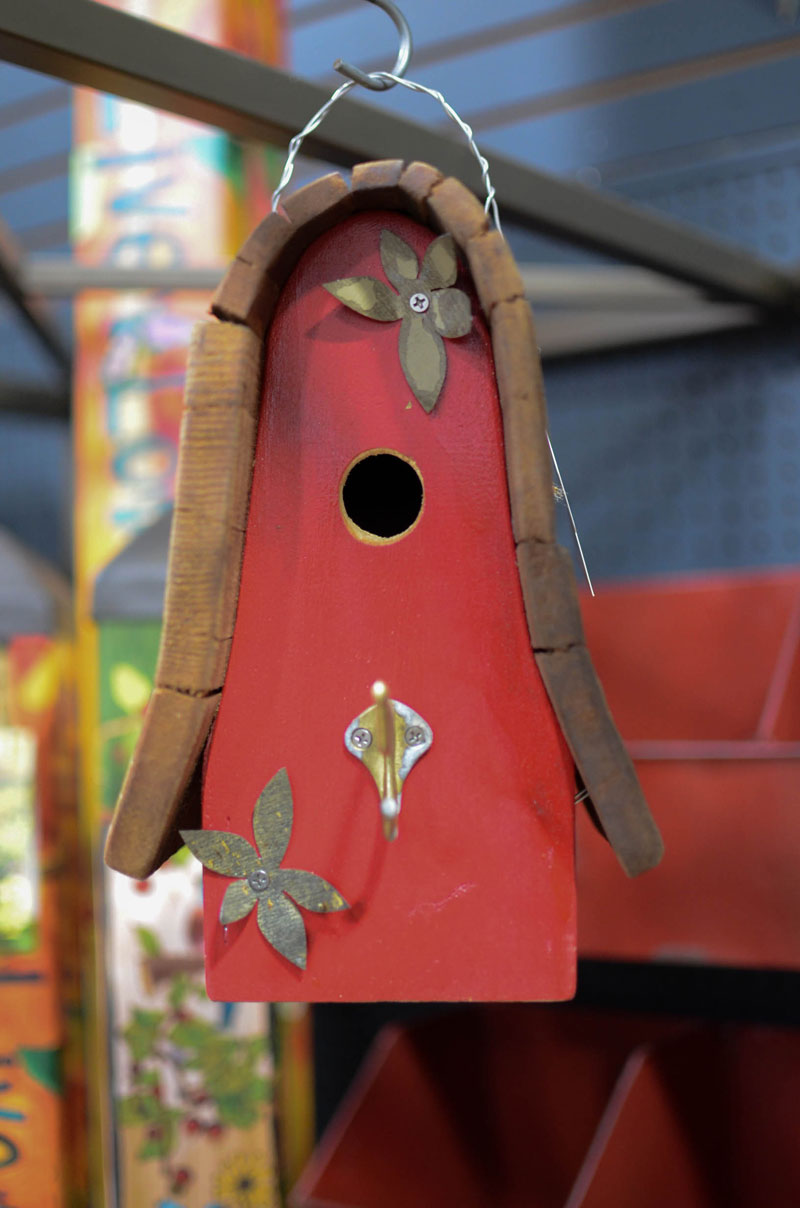
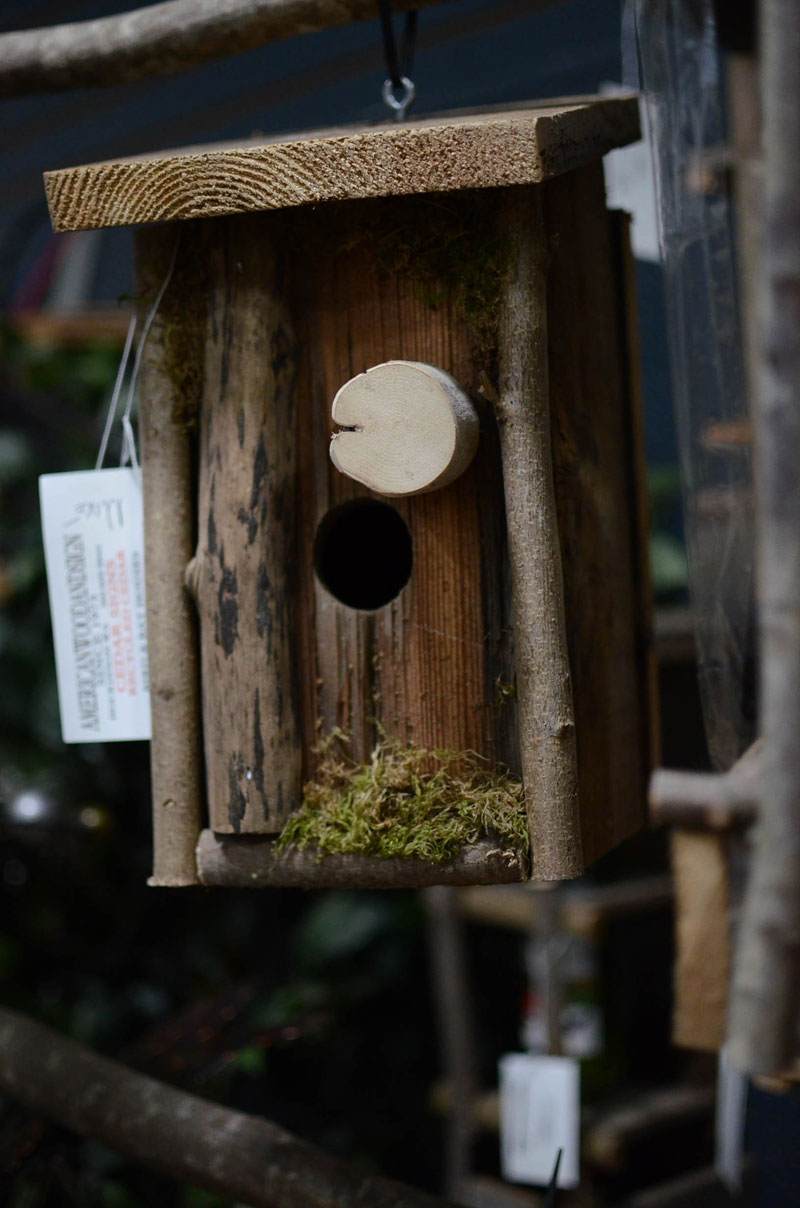
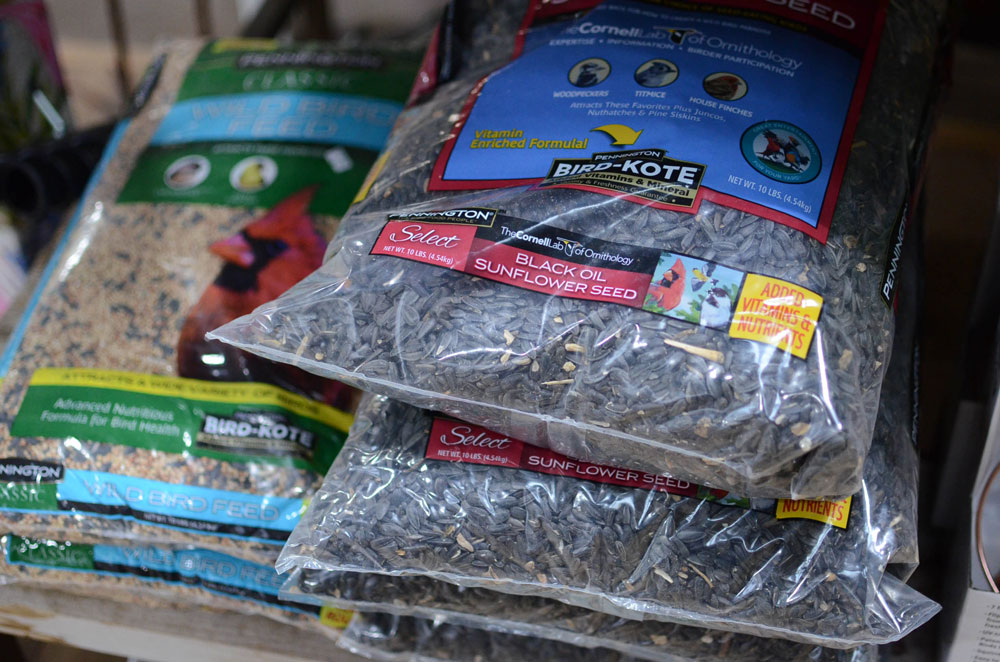
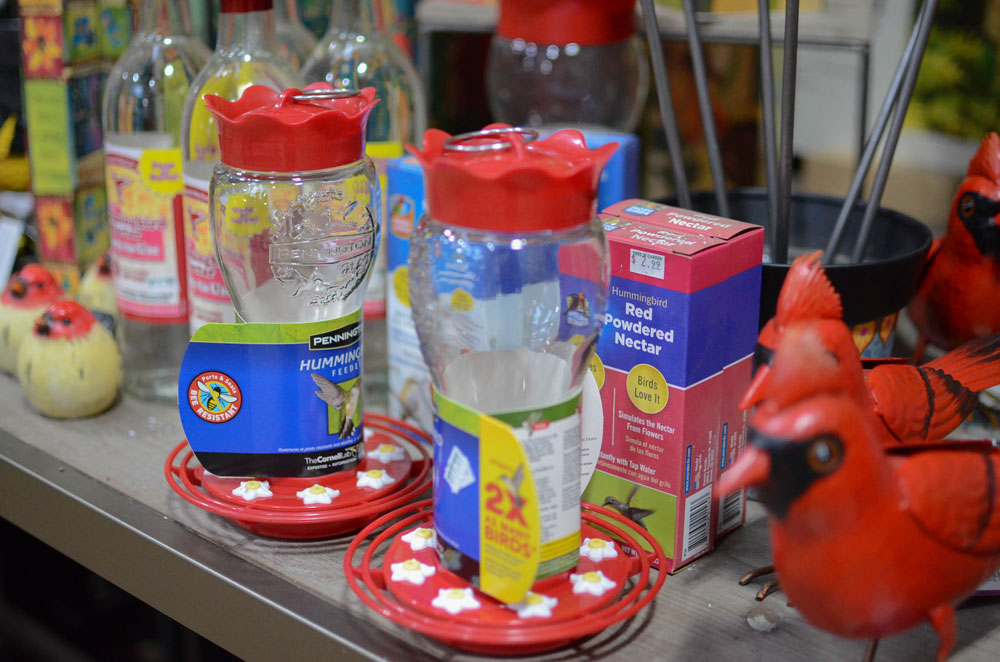
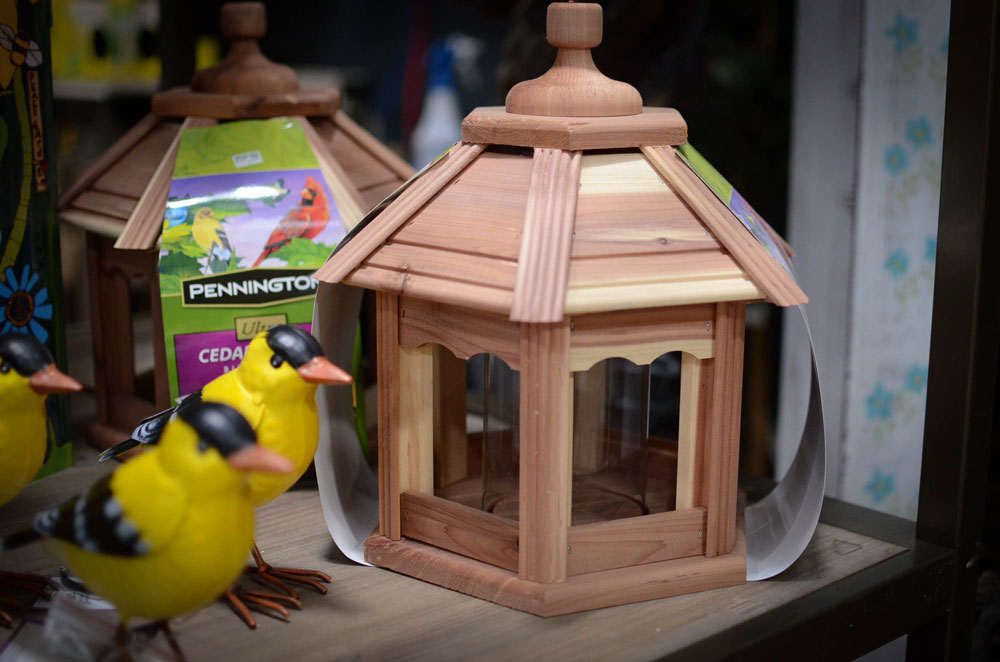
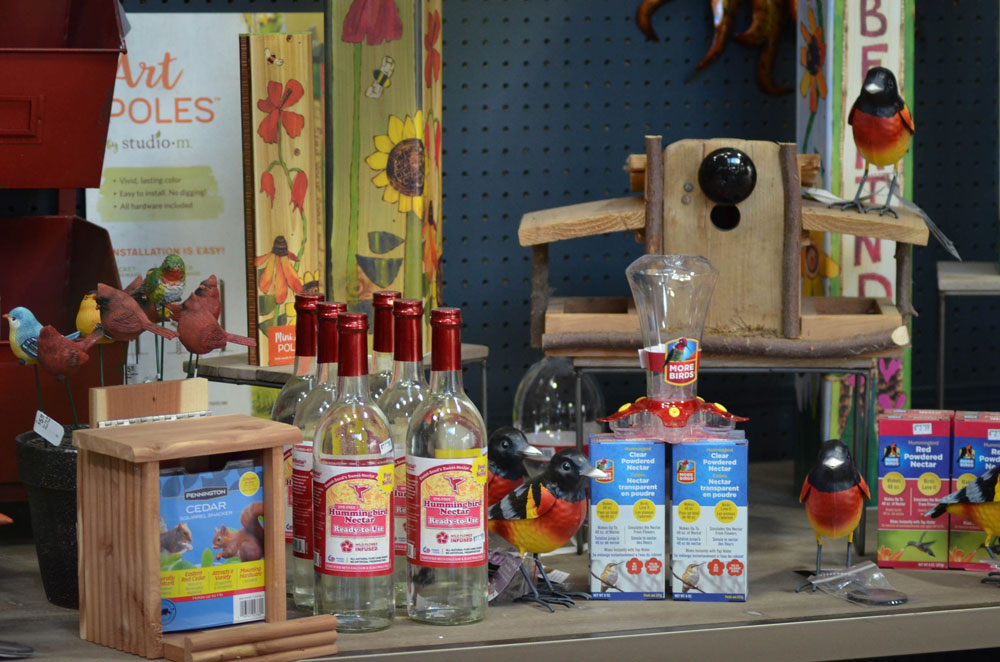
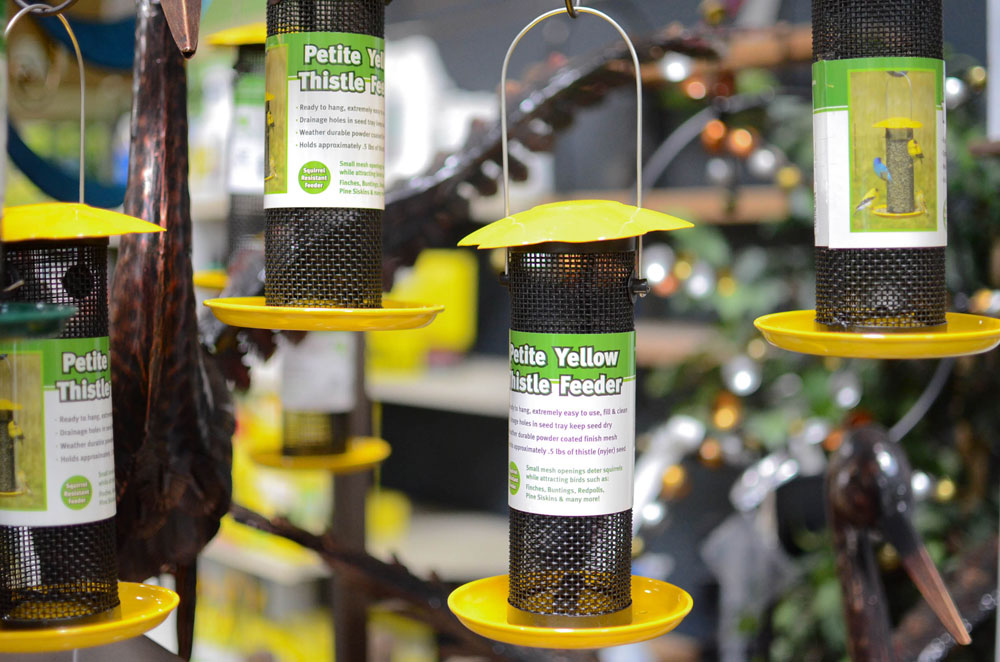
YARD ‘N GARDEN LAND
1501 NE 102nd Street
Vancouver, WA 98686
360.573.7172
STORE HOURS
Monday – Saturday: 8:00am – 6:00pm
Sunday: 9:00am – 5:00pm
HOLIDAY HOURS
Memorial Day: Close at 4pm
July 4th: CLOSED
Thanksgiving Day: CLOSED
Christmas Eve: Close at 2pm
Christmas Day: CLOSED
December 26th: CLOSED
New Year’s Eve: CLOSED
New Year’s Day: CLOSED
